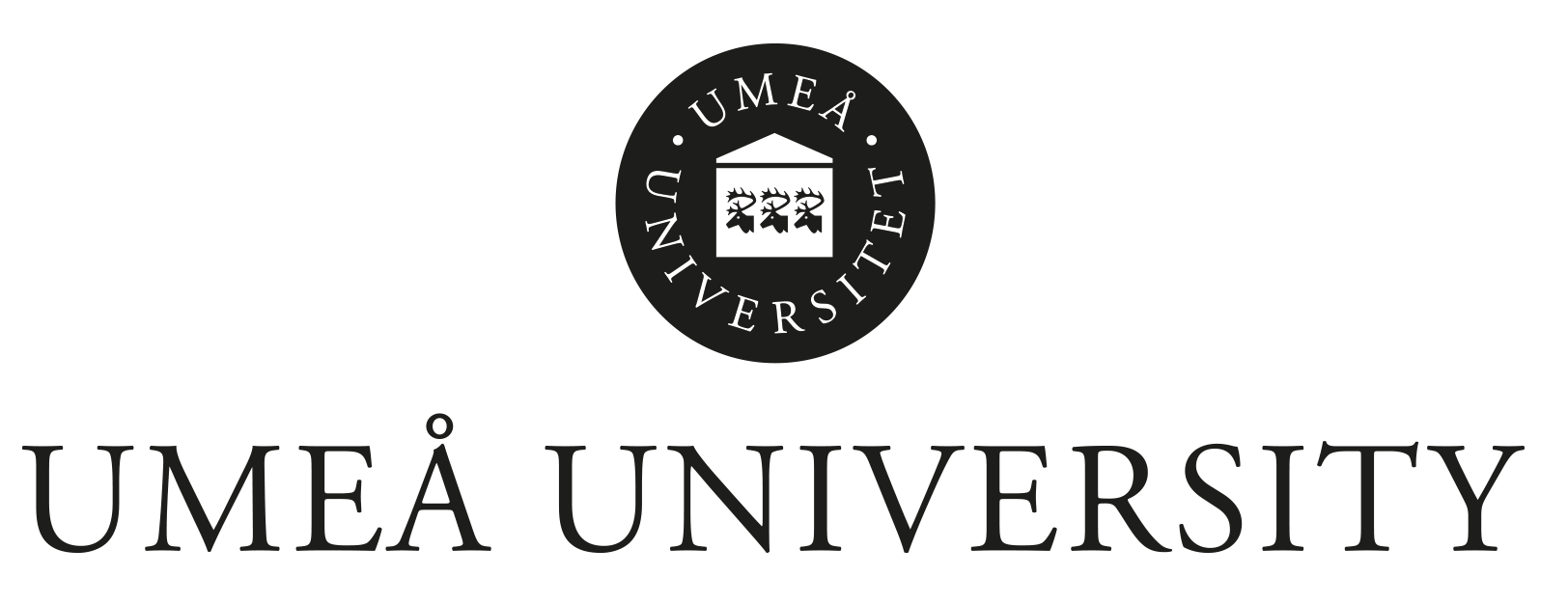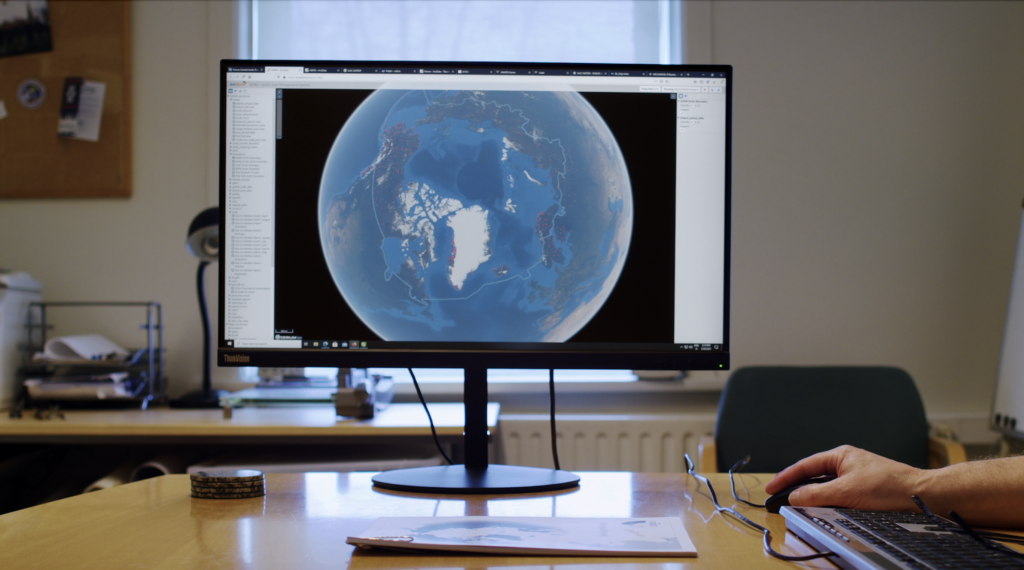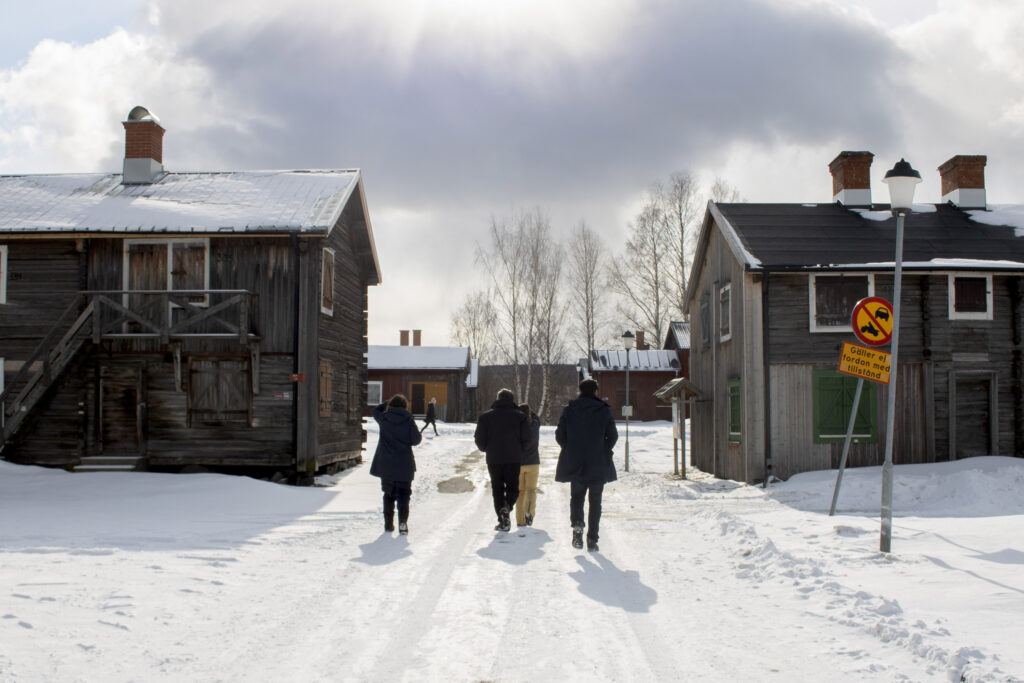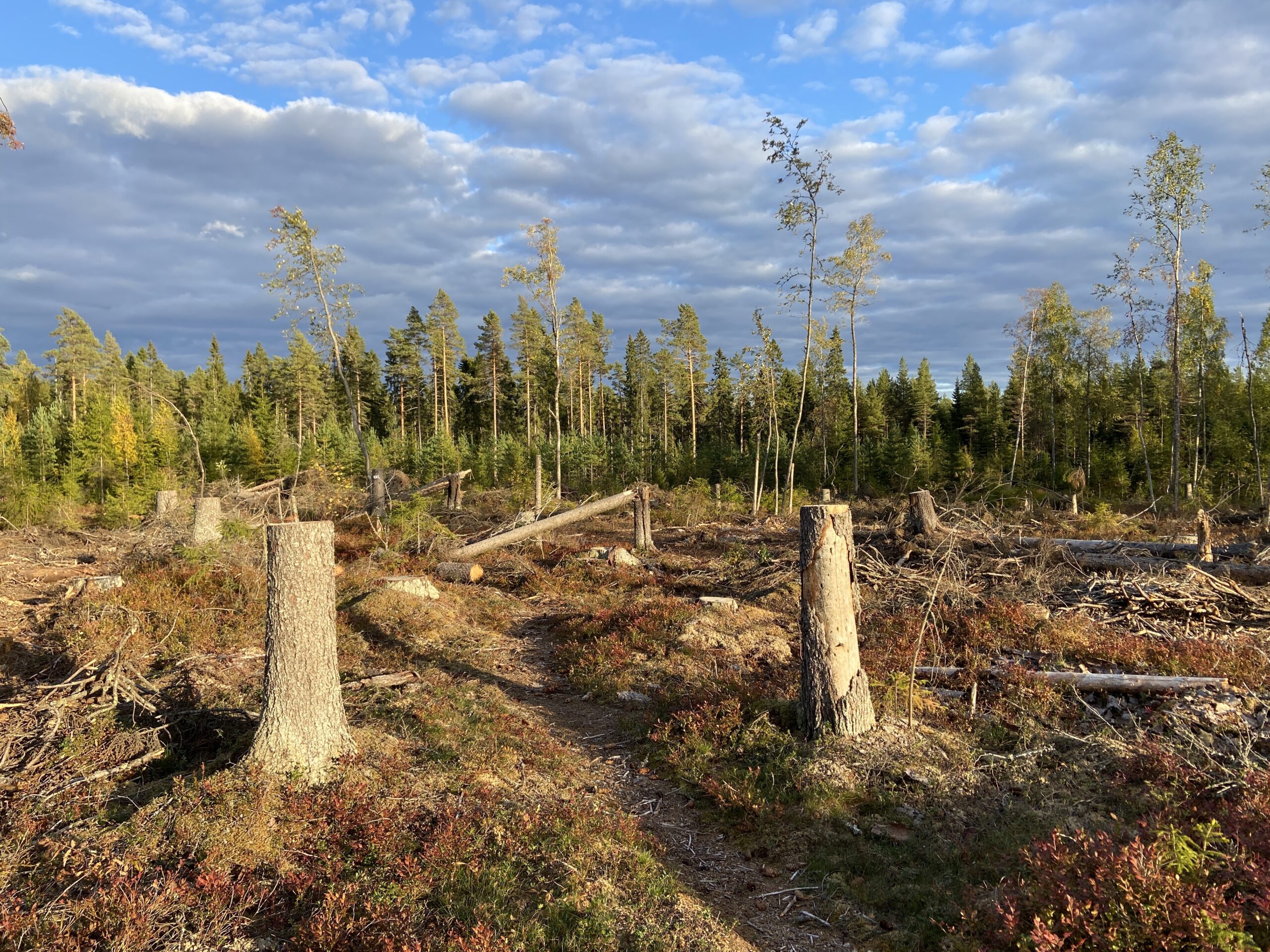Artist Elena Mazzi will give a talk on Complex Geographies sharing her doctoral research exploring the territorial and cultural landscapes known as the Polar Silk Road. Asking – how can posthuman visualities bring to light the deep environmental, social, political, and economic changes that are currently affecting the Arctic regions? As the Arctic seas become increasingly navigable due to global warming and the consequent melting of the ice sheet, access to new resources is drastically enhanced, as promoters now get to lay their hands on no less than 20% of the world’s oil, gas, uranium, gold, platinum and zinc reserves. The aim of this research is to develop research-based speculative encounters between geopolitics and visual culture in relation to the Polar Silk Road commercial project, by considering how exploring through art the current political conflict might slow down or drastically transform this plan.
Arctic Regions are complex to define from a geological perspective and subject to rapid changes. Here, intricate relationships between natural resources and humans are interwoven. That is why art practices are fundamental in analyzing the entanglement between economy, geopolitics, ecology, and mobility, using an inclusive approach to different perspectives that go beyond dominant cultural groups and challenge colonial legacies.
Mazzi, through her own work, aims to investigate new tools to visualize the complex relationship between geopolitics and geography, taking into consideration that Arctic regions have devoted particular attention and care to environmental issues and sustainability in the last decades. With this project, she wishes to bridge the gap between the academic world and artistic communities, by opening transdisciplinary spaces for encounters.
The researcher and artist will be in dialogue with Maria Luna Nobile. This talk will be the occasion for a dialogue organised in the framework of the work of the Research Group Designing the Contemporary City at Umeå School of Architecture and Elena Mazzi residency at UmArts studio.
Elena Mazzi (1984) is a visual artist, working with specific geographical and socio-political contexts. Her poetics deals with the relationship between human being and the environment in which he/she lives and with which he/she must reckon on a daily basis. This analysis, which often follows an anthropological approach, investigates and documents an identity which is at the same time personal and collective, and gives rise to forms of exchange and transformation. She studied History of Art (Siena), Visual Arts (IUAV, Venice) and Fine Arts (Royal Institute of Art, Stockholm). She is currently a PhD candidate at Villa Arson and Université Côte d’Azur, Nice. Her works have been displayed in many solo and collective exhibitions all over the world. She attended several residency programs, and she is the winner of various art prizes. In 2015 she started to lead workshops for young artists, teachers and general public in collaboration with Institutions, Schools, Academies.
Maria Luna Nobile is an Associate Professor at Umeå University in Architectural and Urban Design at Umeå University School of Architecture, she is architect and PhD in the same field. Her research focuses on the project of the contemporary city, deepening the theme of the reuse and reactivation of existing buildings and abandoned areas in Italy, Europe and more recently in Sweden.
For more details contact:
UmArts research coordinator Clara West at clara.west@umu.se
UMA Associate Professor Maria Luna Nobile at maria.nobile@umu.se
The event is part of Elena Mazzi’s research project ‘Complex Geographies’ granted by the Italian Council program (2023), promoted by the Directorate-General for Contemporary Creativity of the Italian Ministry of Culture.





